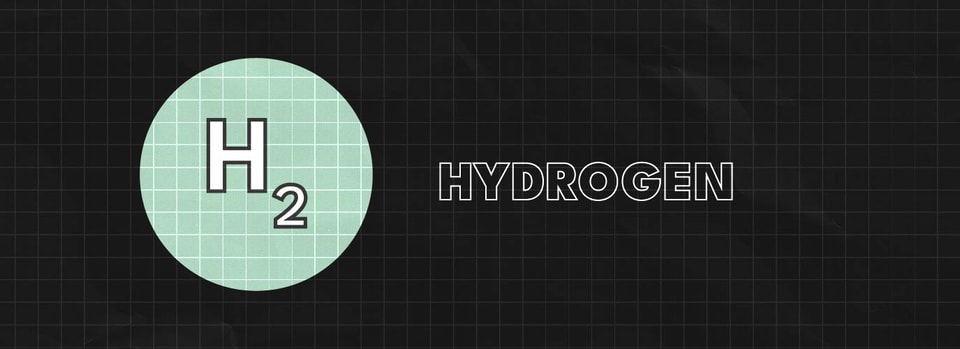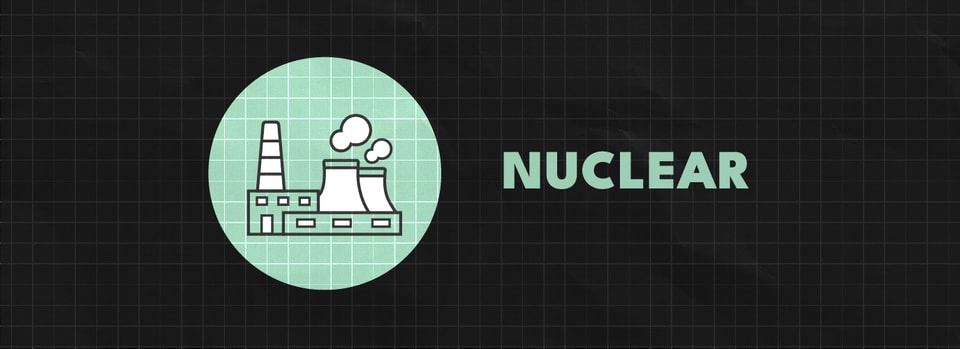Newsletter Published October 13, 2023 · 5 minute read
On the Grid: The State of Play 10/13/23
Mary Sagatelova

Click HERE to subscribe to this weekly newsletter.
The outbreak of war between Israel and Hamas has cast a pall over Washington in recent days, adding to the geopolitical uncertainty of the moment we live in. While, as a think tank, we’re focused on the consequences that might ensue from the current conflict, we are also mourning those already lost to unspeakable acts of violence and the likelihood of many more deaths in the weeks ahead.
In Washington, the week has been a study in sharp contrasts. On one side, the Biden Administration has launched an Earthshot to cut household energy bills by 20%, seen oil prices drop (more on that below) as domestic production has hit record levels, and announced seven new hydrogen hubs. On the other, the House remains without a Speaker because, as one Republican described it, the GOP caucus is “broken” and cannot coalesce behind a leader. Meanwhile, with growing global instability, Senate Republicans are blocking the confirmation of more than 300 military leaders and key diplomatic posts, including the Ambassador to Israel.
We believe the US is safest and at its best when there’s an opportunity for bipartisan cooperation. It pains us to say this, but rather than rise to the occasion, too many Republicans are creating chaos rather than searching for consensus.

Wars in the Middle East often trigger volatility in energy markets, and our team is tracking how the war in Israel might impact oil prices.
While neither Israel nor Gaza are major oil producers, nearly 20 million barrels a day travel through the neighboring Strait of Hormuz, a key choke point to the Persian Gulf bordering Iran. Violence in the region could impact supply, and, as a result, oil prices spiked following Hamas’s surprise attack last weekend, adding about $3 per barrel to pricing before dampening.
The lingering question here is the potential for added sanctions on Iran, a longtime supporter of Hamas and one of the world’s leading oil producers, generating 3 million barrels a day. More sanctions could restrict supply in coming months, but, as of publication, current bets on oil futures suggest investors don’t anticipate a surge in prices.
With a warmer winter in the forecast and domestic oil production at a record high, the near-term impact on oil prices is limited. We will continue to monitor developments in the Middle East and keep you updated. This situation remains fluid, and we will continue to monitor it and provide updates as relevant.

In breaking news this morning, President Biden and Secretary of Energy Jennifer Granholm announced new funding for seven clean hydrogen hubs across the US. Backed by $7 billion from the Bipartisan Infrastructure Law, these hubs are expected to draw in as much as $40 billion in private investment across the country, steering the US to a cleaner, more reliable future.
As we wrote in March, clean hydrogen, though a nascent industry, will play an outsized role in decarbonizing the industrial sector. Early investments like these will help bring the cost of clean hydrogen down significantly over time, spur demand, and enable the US to carve out a competitive advantage in the technologies that can produce this clean fuel. We’ll be working on this effort both at the federal level and in Michigan and Ohio to help local communities and developers have a better understanding of the impacts of these projects. Stay tuned for more updates in the future.

This week, our own Senior Vice President, Josh Freed, and Director of International Policy, Lindsey Walter, took the stage at the Labour Party Conference in Liverpool, UK, outlining a path forward for a strong US-UK partnership on climate and clean energy.
Labour leader Keir Starmer has moved the Labour Party firmly to the center, focusing on restoring government competence and fiscal responsibility, economic growth, and energy independence. In particular, the conference highlighted Labour’s commitment to a bold, pragmatic clean energy vision, one that includes nuclear and carbon capture, renewables, and hydrogen, with a focus on lowering energy costs and strengthening domestic supply chains.
Sound familiar? While the party is UK-focused, they're taking a cue from lessons learned in the fight to pass IRA, BIL, and CHIPS in the US. As the Tories try to turn Net Zero into a culture war issue, Labour has not taken the bait. Instead, like President Biden and Democrats, Labour has leaned into the place and worker-based economic opportunities the clean energy transition can provide, a winning strategy if we’ve ever seen one.

In a historic step for the American nuclear industry, Centrus Energy began enrichment operations at its High-Assay Low-Enriched Uranium (HALEU) facility in Piketon, Ohio, this week and expects to begin withdrawing fuel later this month.
Centrus’s Piketon plant is the only NRC-licensed HALEU facility in the US and the first US-owned uranium enrichment plant to begin production in 70 years. With Russia’s monopoly on the global HALEU supply chain–one that doesn’t show any sign of slipping despite the ongoing conflict in Ukraine–Centrus is taking a critical first step to jump-start our domestic HALEU supply chain and shake Russia’s chokehold on our energy security.

- Robinson Meyer in the New York Times opines on Americans’ confusion and difficulty navigating the IRA’s energy efficiency home upgrade programs and the risk these intricate programs face in impacting public trust in clean energy.
- Prashant Rao in Semafor details how the UK is using American policy–namely the IRA–as a foundation to model decarbonization goals.
- Akshat Rathi, host of Bloomberg’s Zero podcast series, talks with Colin McKerracher, Head of Advanced Transport for BloombergNEF, about the electric vehicle industry and how the US can make a play for the rest of this emerging market.

